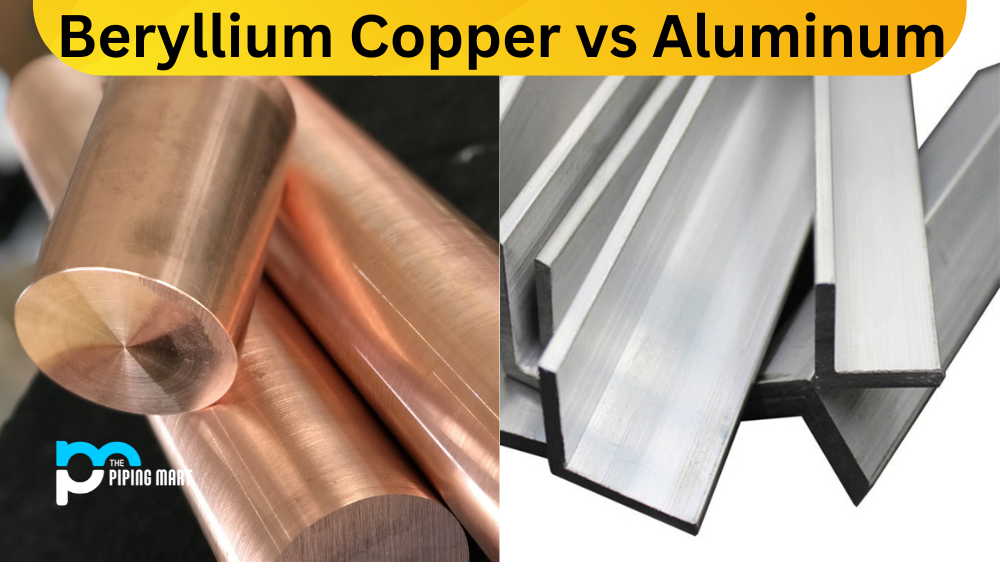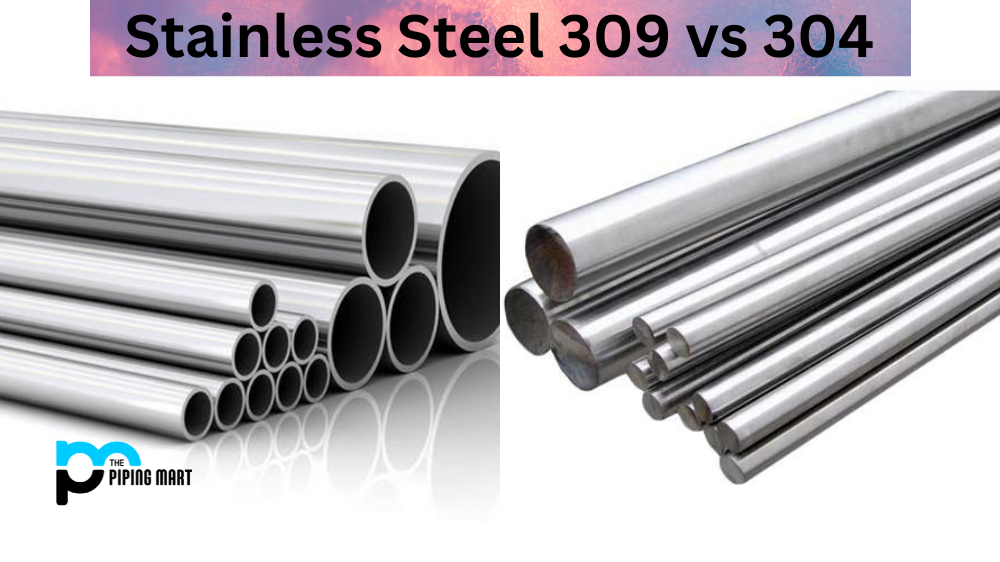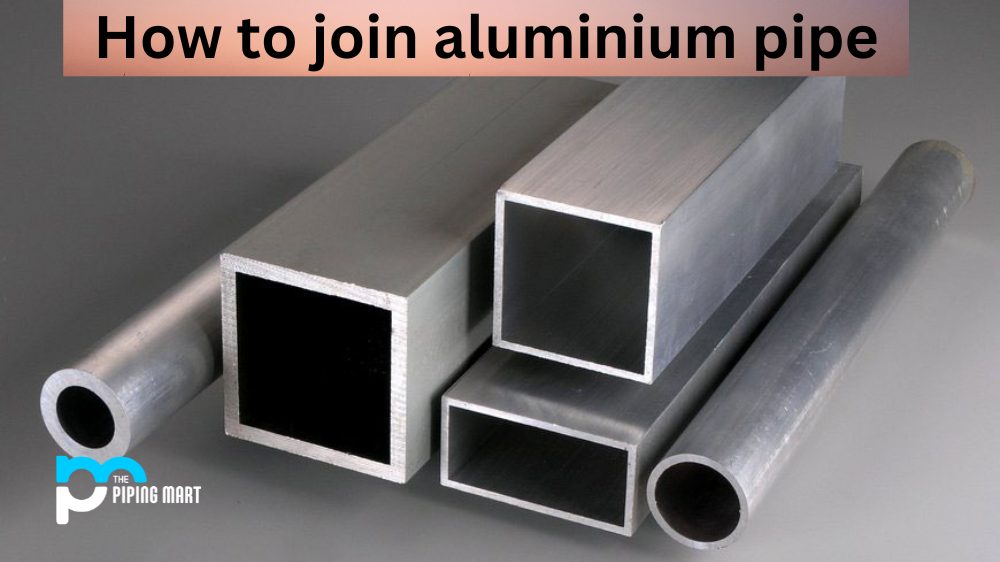Choosing the right material for your project is crucial to its success. Two materials commonly used in industries are beryllium, copper, and aluminium. Both materials have their advantages and disadvantages depending on the application. This article will discuss these materials’ properties, benefits, and drawbacks.
What is Beryllium Copper?
Beryllium copper is an alloy of copper with 0.5-3% of beryllium. It is known for its excellent strength, corrosion resistance, and electrical conductivity. Beryllium copper is commonly used in the aerospace, oil and gas, and electronics industries. Due to its high strength, it is perfect for springs, connectors, and switches. Its excellent electrical conductivity makes it ideal for electrical contacts, switches, and connectors.
What is Aluminum?
Aluminum is a lightweight, malleable, and durable material. It is commonly used in the construction, aerospace, automotive, and electrical industries. Its lightweight properties make it ideal for applications that require durability without adding too much weight. Aluminium is also corrosion-resistant, making it a popular choice for outdoor applications.
Difference Between Beryllium Copper and Aluminum
Properties
Both beryllium copper and aluminium have their strengths and weaknesses. Beryllium copper is stronger and more conductive, while aluminium is lighter and easier to work with. Which material you choose depends on the application and requirements of your project. Beryllium copper is the best choice if your project requires high strength and conductivity. It is ideal for applications that require reliable electrical connections, such as electrical switches and connectors. However, aluminium is the better choice if your project requires lightweight materials. It is more affordable and versatile, making it ideal for various applications.
Advantages of Beryllium Copper
Beryllium copper’s advantages include its high strength, lightweight, and corrosion resistance. Additionally, beryllium copper has a higher melting point than aluminium, which means it can withstand higher temperatures without becoming damaged.
Advantages of Aluminum
Some of the advantages of aluminium include its low weight, high strength-to-weight ratio, and corrosion resistance. Additionally, aluminium has a lower melting point than beryllium copper, which makes it easier to work with during manufacturing processes.
Disadvantages of Beryllium Copper
One of the drawbacks of using beryllium copper is its cost. It is more expensive compared to other copper alloys. Another drawback is that beryllium is toxic. However, beryllium copper is safer than pure beryllium because the risk of inhaling beryllium particles is low.
Disadvantages of Aluminum
One of the drawbacks of using aluminium is that it is less strong than other metals. It is also more prone to dents and scratches compared to other metals. However, aluminium can be easily formed, cut, and welded, making it versatile.
Conclusion
Choosing the right material for your project is crucial. Beryllium copper and aluminium offer unique properties and benefits depending on the application. Beryllium copper is strong and conductive, but it is also expensive. Aluminium is lightweight and affordable but less strong than other metals. Determine your project requirements and select the best material to provide the necessary properties for a successful outcome.

Hey, I’m Krutik, a casual blogger expert in the metal industry. I am passionate about providing valuable information to my readers. With a background in engineering and construction, I like playing Cricket & watching Netflix shows in my free time. Thank you for visiting my blog, and I hope you find my information helpful!




